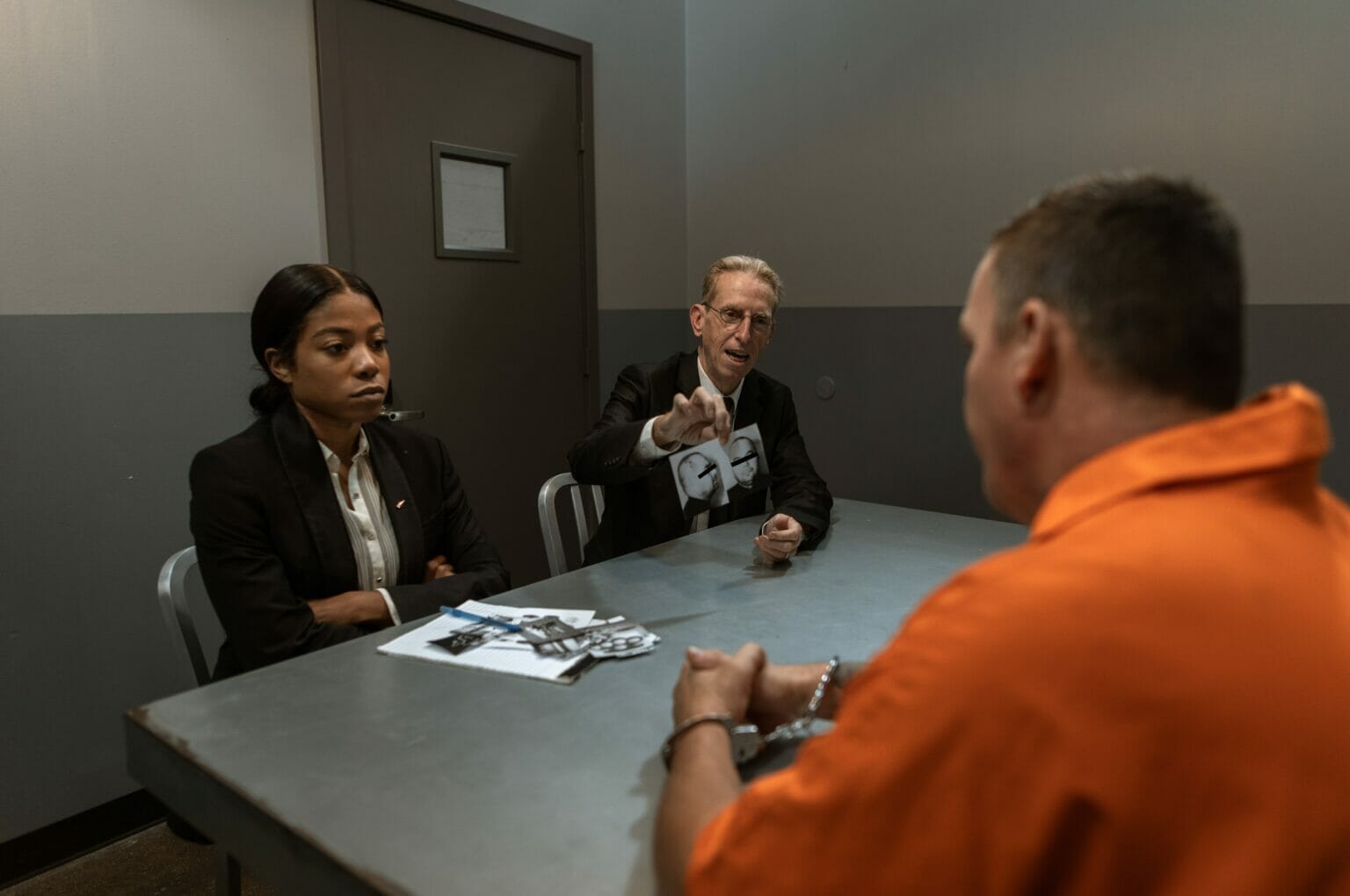Belgian officials have accused a London fintech business owner of using Binance to help criminals launder hundreds of millions of euros into Bitcoin. These criminals include a Belgian drug lord known as the “finger cutter” and a Brazilian drug kingpin like Pablo Escobar.
Bloomberg says that Belgian officials want to send Caio Marchesani, who is 38 years old, to the UK. Authorities say that Marchesani “knowingly and intentionally” used bitcoin to wash the money of international drug traffickers. Flor Bressers and Sergio Roberto De Carvalho are two people who are said to have hired Marchesani.
Bressers, also known as the “finger cutter,” was a well-known drug lord who cut off the fingers of a criminal with pruning shears and beat up a Dutch florist who didn’t carry his drugs. Before he was caught in February 2022, Marchesani is said to have taken care of 14 Binance accounts for Bressers.

A spokesperson for Binance said that the cryptocurrency exchange has given “practical operational assistance” to the authorities.
People used to say that Carvalho was “the Brazilian Pablo Escobar.” He ran an international drug trafficking scheme and was caught in June 2022. Carvalho was charged with laundering money, making up papers, faking his death, and killing someone to get drugs.
Prosecutors say that Marchesani held and cleaned Carvalho’s illegally earned money while charging him suspiciously high transfer rates.
Belgian police tied the two to the smuggling of more than $283 million worth of cocaine found in Rotterdam containers. Then, messages were found between Marchesani (under the name “Greysmith”) and Carvalho (under the name “Lucrativeherb”) in which they talked about the risks of drug dealing.
Marchesani had crypto assets worth $1.9 million.
In May of this year, Marchesani was caught at Heathrow Airport. At his London flat, a guard was found watching over “huge cash sums” and £1.5 million ($1.9 million) in crypto assets. After that, his crypto stash was frozen.
Marchesani owns the London payments company Trans-Fast Remittance, which the FCA has approved. Files from an employment case show that 85% of Trans-Fast’s customers are Brazilian and that Marchesani wanted to turn the money transfer business into an online bank.
The FCA told Bloomberg that it is “engaging” with Trans-Fast “as part of our ongoing supervisory work, including concerning these matters.”
He is also the CFO and a 50% owner of Acai Berry Foods Ltd, a “thriving business focused on healthy eating in a cafe setting” that, according to his Mishcon de Raya lawyers, is where he gets his money legally.
Marchesani denies all of the accusations, and his lawyers say that the evidence used by the government is “false, vague, ambiguous, or wrong.”
He didn’t ask for bail before because UK courts thought he might run away. His lawyers will argue against his extradition in UK courts, saying that investigators bring different cases at different times.
If Marchesani is found guilty by Belgian officials, he could spend up to five years in jail. By the end of September, a UK judge will likely decide if he should be sent back to the US.
